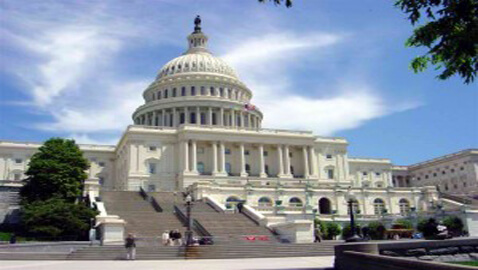
The house also released a bipartisan joint statement of approval mentioning, “Economic cyber spies will have a harder time stealing American business plans and research and development as the House took the first step today by passing a cybersecurity bill that will help U.S. companies better protect themselves from dangerous economic predators.”
The legislation, if it becomes law, would allow federal government and agencies such as the National Security Agency to share secret cyber threat information with American companies and help the private sector to protect its networks. Critics have opined that the legislation is so broad in scope that it would allow the NSA to collect data on American communications, which is currently prohibited by law.
However, the House Intelligence Committee chairman Mike Rogers said that suitable modifications had been made to the legislation to protect privacy provisions. Senior Democrat Ruppersberger supported the claims of the HIC chair. The HIC also claimed that big organizations like the Facebook, U.S. Chamber of Coommerce, AT & T etcetera supported the legislation.
Rogers told the house, “We can’t stand by and do nothing as U.S. companies are hemorrhaging from the cyber looting coming from nation states like China and Russia.”
In spite of the allaying of privacy concerns, the legislation did not include the amendments favored by civil rights advocates and engineering experts. The legislation would allow information from private companies to be used for the purpose of intelligence and national security on top of cybersecurity against hacking.
The White House had earlier on Wednesday issued a statement that the bill would essentially override important provisions of the electronic surveillance law “without instituting corresponding privacy, confidentiality, and civil liberties safeguards.” The White House also criticized that the bill would grant broad immunity to private companies from privacy and antitrust lawsuits.
Michelle Richardson the legislative counsel of the ACLU told the media in a statement, “Cybersecurity does not have to mean abdication of Americans’ online privacy. As we’ve seen repeatedly, once the government gets expansive national security authorities, there’s no going back. We encourage the Senate to let this horrible bill fade into obscurity.”
The future of the bill is uncertain.






































